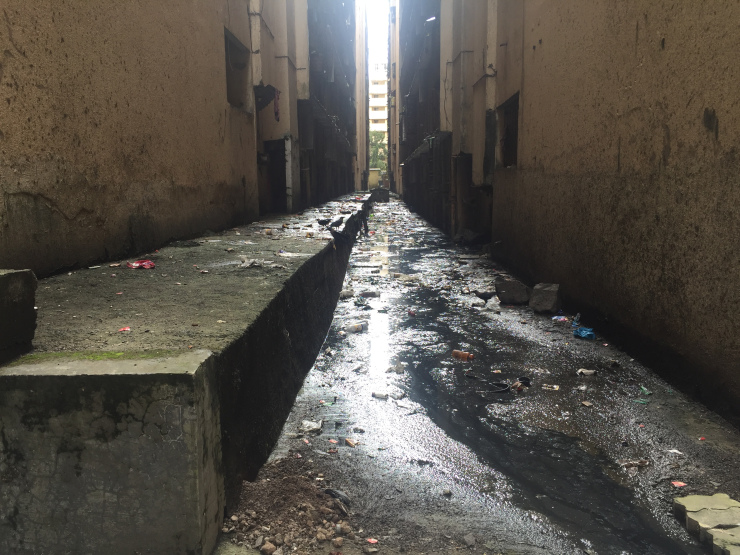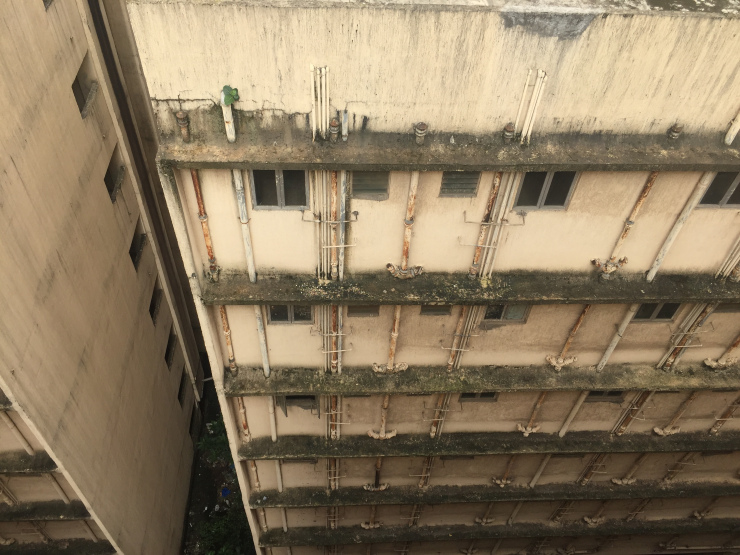Shweta Damle
Shweta Damle has been working in the development sector for the last 20 years. Over the years she has worked on issues of housing and community development with a focus on adolescent girls and women. In her work she has innovatively worked for ensuring that the poor in the city hold on to the land under their occupation. This has been achieved through the development of sanitation, potable water and livelihood space infrastructure in slums and redevelopment sites.
Simpreet Singh
Simpreet Singh is an activist and city historian based out of Mumbai. Over the past two decades, he has worked relentlessly on exposing housing scams and corruption in the city of Mumbai, where slum-dwellers are being evicted, in many cases unfairly, to make way for upmarket developments. As part of his work with the Ghar Bachao Ghar Banao (GBGB) Movement, he investigated alleged scams involving public land and environment violations. Currently, he is part of Studio CAMP, a studio for transdisciplinary media practices in Mumbai.
Prof. Manish Jha
Prof. Manish Jha has been a faculty at the School of Social Work, Tata Institute of Social Sciences since 2003. He is currently with the Centre for Community Organisation and Development Practice. The author of Traversing Bihar: Politics of Social Justice and Development, his research interests include poverty and social justice, migration; and middle classes in Indian cities.
Marina Joseph and Raju Vanjare
Marina Joseph (Associate Director) and Raju Vanjare (Project Coordinator) work with Youth for Unity and Voluntary Action (YUVA), a non-profit development organisation committed to enabling vulnerable groups to access their rights. Founded in Mumbai in 1984, YUVA encourages the formation of people’s collectives that engage in the discourse on development, thereby ensuring self-determined and sustained collective action in communities. This work is complemented with advocacy and policy recommendations. It currently operates in the states of Maharashtra, Madhya Pradesh, Odisha, Assam and New Delhi.
Rahul Srivastava and Matias Echanove
Rahul Srivastava and Matias Echanove are the co-founders of the urbz.net, an experimental action and research collective specialized in participatory planning and design. They work with citizens, associations, local governments and private clients. They have teams in Mumbai, Bogotá, São Paulo, Geneva and Seoul. In 2017 they organized the Mumbai Return: journeys beyond the city exhibition in Mumbai, which was a collection of photographs, installation and artistic renderings of rural homes and urban settlements.
Prof. Amita Bhide
Dr. Amita Bhide is currently Professor and Dean, School of Habitat Studies, Tata Institute of Social Sciences. She has been deeply involved in issues of urban poverty, livelihoods and advocacy linked to the same in Mumbai and in other cities in India. She has contributed to social movements and to various committees of the state government on the subjects of housing and poverty. Her recent work has been on urban governance reforms, housing and land issues with a focus on small and medium towns and urban violence.
Prof. Lakshmi Lingam
Dr Lakshmi Lingam is currently a Professor with the School of Media and Cultural Studies, TISS, Mumbai. She was the Deputy Director at the Tata Institute of Social Sciences (TISS), in Hyderabad from May 2011- May 2016. Her research interests range from exploring gender issues in development and macro economic policies; urban and rural poverty and women’s livelihoods; studying women’s movements and other social movements in the period of globalization; understanding women’s health and reproductive rights; and exploring issues of culture, women’s identity and agency.


